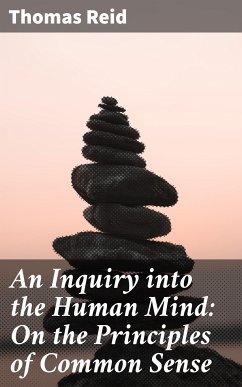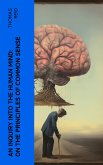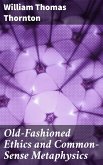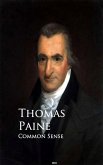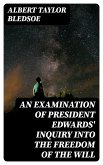Thomas Reid's 'An Inquiry into the Human Mind: On the Principles of Common Sense' is a seminal work in the field of philosophy and psychology. Written in a clear and concise style, Reid explores the nature of human cognition and perception, arguing for the existence of innate principles of common sense that govern our understanding of the world. Drawing on both empirical observations and rational analysis, Reid delves into the complexities of human thought processes and challenges prevailing philosophical theories of the mind. His emphasis on the importance of common sense as a foundation for knowledge sets this work apart from his contemporaries. Thomas Reid, a Scottish philosopher and contemporary of David Hume, was influenced by the skepticism of his time and sought to provide a rational and empirical foundation for his philosophical beliefs. His deep interest in the workings of the human mind led him to write this groundbreaking treatise, which has since become a cornerstone in the study of philosophy of mind. I highly recommend 'An Inquiry into the Human Mind' to readers interested in delving into the intricate workings of the human mind and exploring the role of common sense in shaping our understanding of reality. Reid's insightful analysis and persuasive arguments make this book essential reading for anyone interested in philosophy, psychology, or cognitive science.
Dieser Download kann aus rechtlichen Gründen nur mit Rechnungsadresse in A, B, BG, CY, CZ, D, DK, EW, E, FIN, F, GR, H, IRL, I, LT, L, LR, M, NL, PL, P, R, S, SLO, SK ausgeliefert werden.

